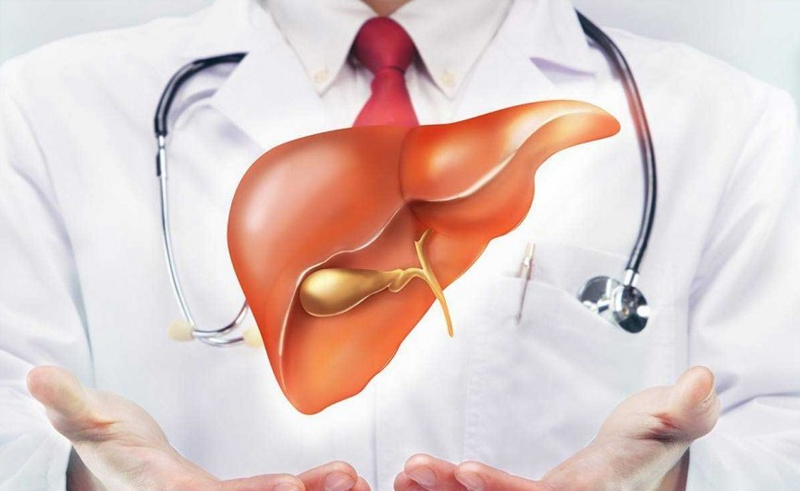

Liver Transplant is a surgical procedure to remove the liver that does not function properly and replace it with a healthy and functional liver. It involves taking healthy liver or a portion of a healthy liver from a living donor. The liver is an essential organ of the human body, performing many critical functions that facilitate the human body to remain healthy. A liver transplant is an option reserved for people who have significant complications due to end-stage chronic liver disease. The sudden collapse of the healthy liver, known as acute liver failure, may also need an immediate liver transplant. Chronic liver failure progresses slowly over months and years. The common cause remains to be scarring of the liver. However, other liver disorders, when not monitored and treated can lead to liver failure.
If experts have recommended a liver transplant, look for a transplant centre. Choose a transplant centre that has a high success rate. Look for the technologically advanced centre with a team of experts. It is essential on your part to understand the pre- and post-liver transplant steps that will help you to undergo surgery and have a healthy recovery from it. Transplant centres have their eligibility criteria that you must know before you undergo liver transplant surgery. Experts evaluate the person based on his health, medical conditions, and willingness to support the team by abiding by the instructions and suggestions of experts.
The process involves giving a person general anaesthesia. The incision across the liver allows the surgeon to view the liver. Experts replace the diseased liver with a new donor liver. After connecting, blood vessels and bile ducts to the donor’s liver surgeon uses stitches and staples to close the surgical incision. A person is shifted to the intensive care unit to begin recovery. The medical team continuously checks the person. After a few days shift him to another ward in a hospital.
Recovery from a liver transplant needs a person to maintain a healthy diet chart and keep herself motivated. Dietitian can help a person to select a well-balanced diet. A diet low in salt, cholesterol, fat, and sugar but rich in minerals, vitamins, and fibre. Exercise should remain an integral part of the life of a person with a liver transplant. Walking, bicycling, swimming, low-impact strength training, and other physical activities help the person to remain healthy and rejuvenate life.